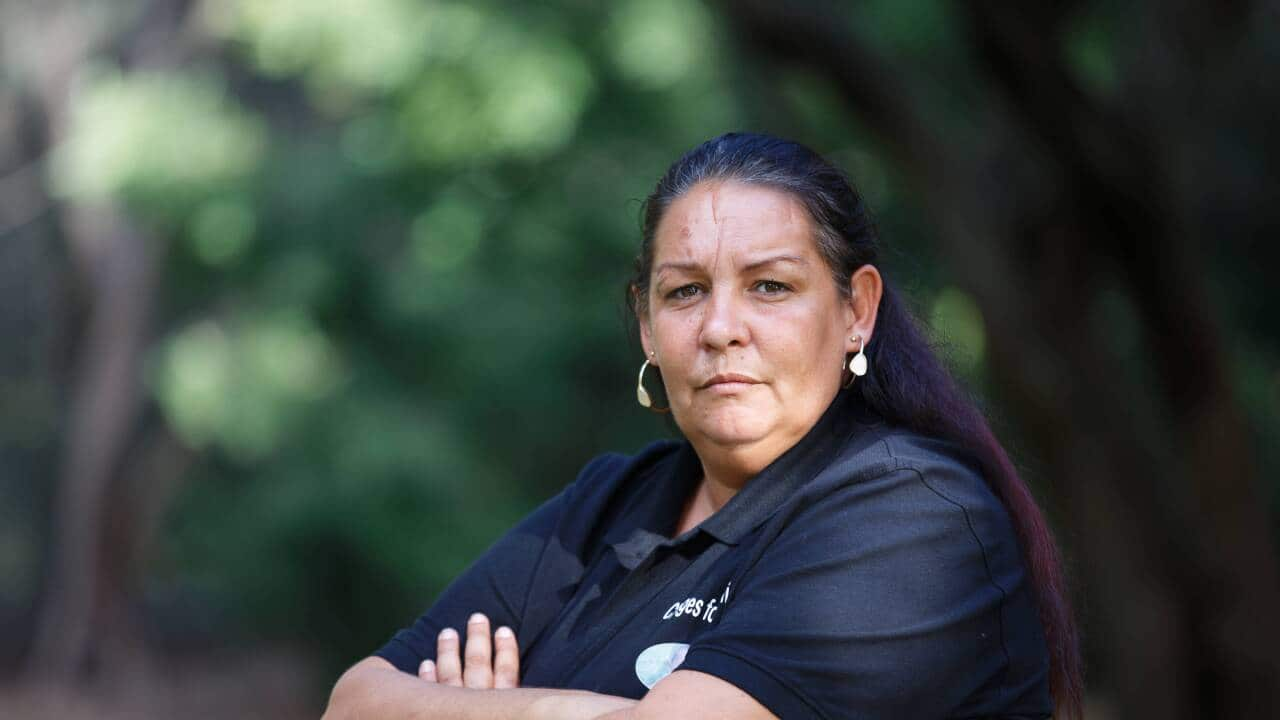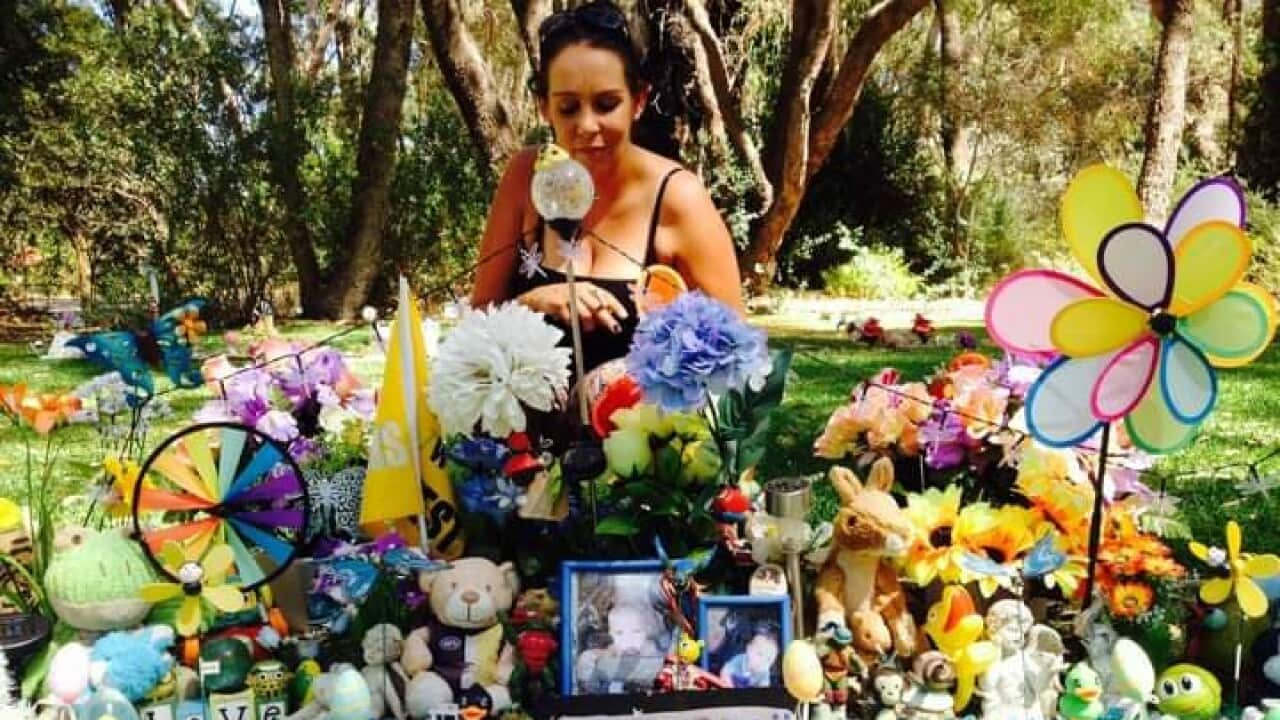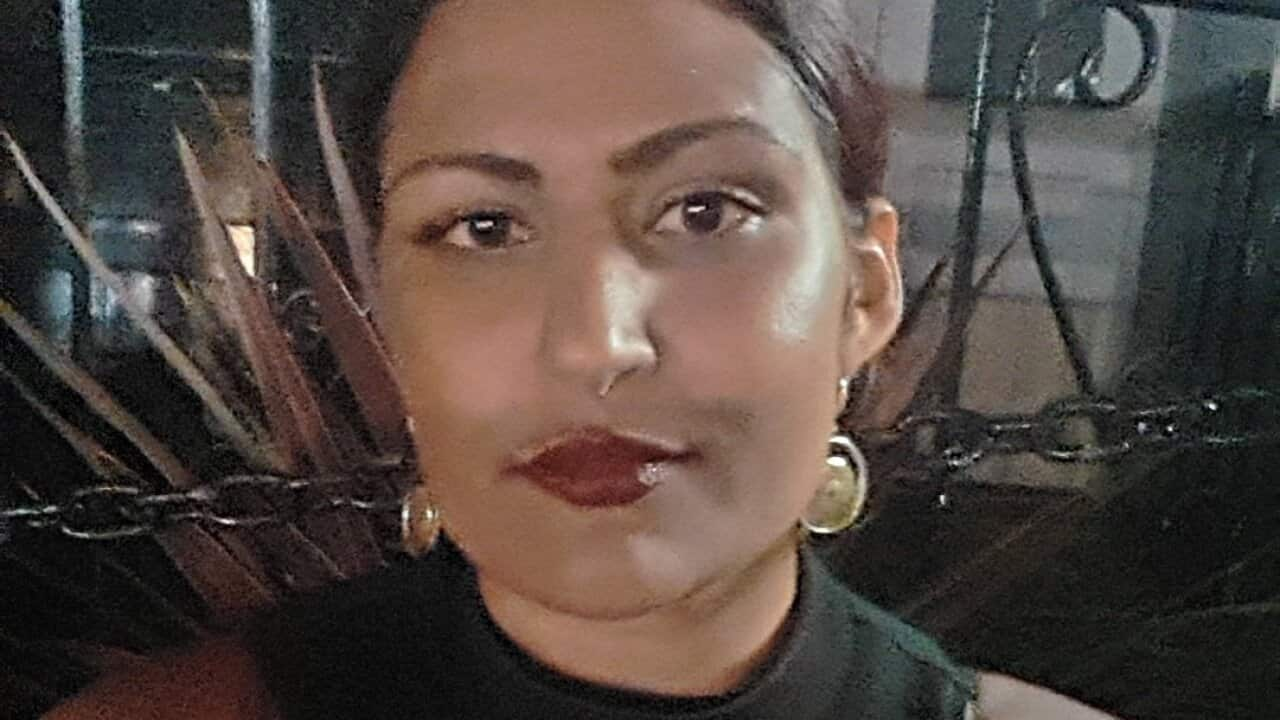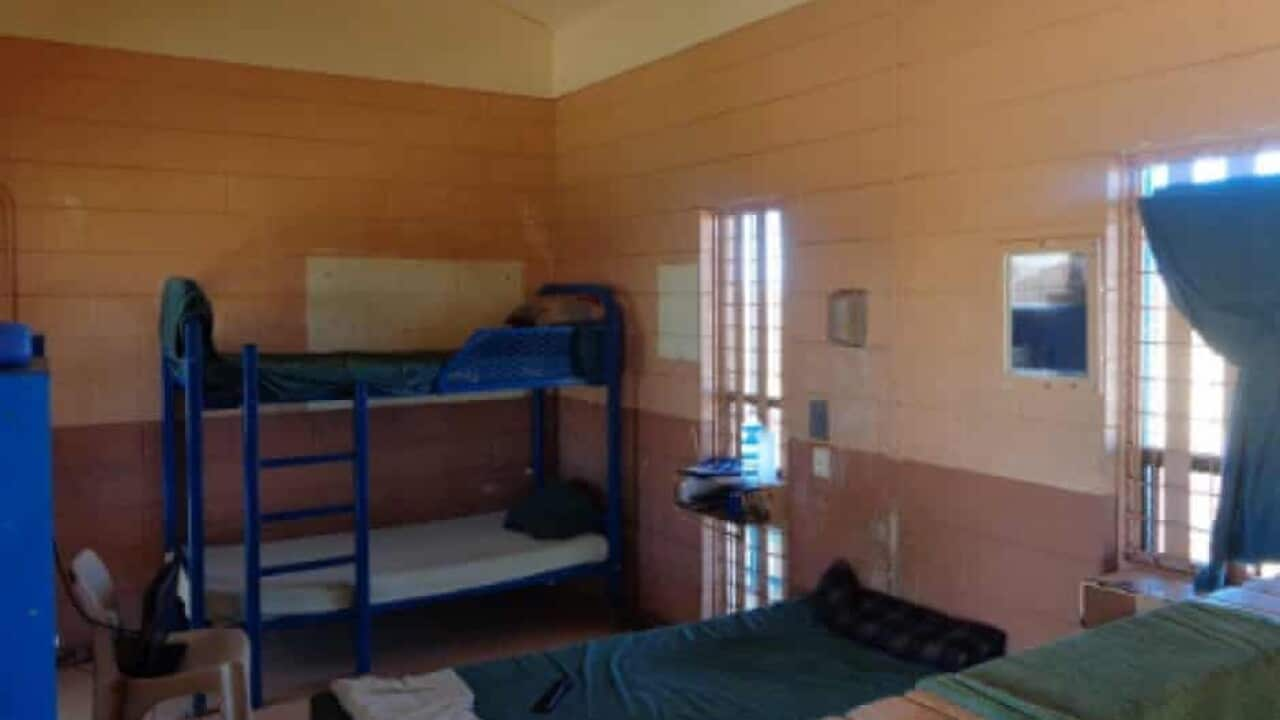Warning: this story contains distressing themes, including domestic violence.
While the sadness will never go away, the Yamatji woman told AAP that sharing her story in person with the Senate inquiry into missing and murdered First Nations women and children had helped her start to heal.
"I'm really hopeful," Ms Mullaley said.
"All the senators that I met were really lovely.
"Other states now are really aware of what's going on here in Western Australia with our Aboriginal women and children."
Just over 10 years ago, Ms Mullaley's ex-partner Mervyn Bell beat her nearly to death and left her naked and bleeding with life-threatening injuries in a Broome street.
When police arrived, instead of being treated as a victim of domestic violence, Ms Mullaley was arrested along with her father Ted, who'd turned up to help.
Bell then kidnapped, tortured and murdered her baby boy Charlie, who had been left with family friends while the Mullaleys were in custody.
Ms Mullaley was one of the survivors and family members who shared her story at a hearing in Perth on Thursday.
"I got really upset," she said.
"I started crying but I think that's what made them listen to me. It seems like I touched them."
Last year, nine years after their arrest and subsequent conviction, .
"I said a lot about my dad, because my dad didn't come because he's not well," Ms Mullaley said.
"All of this has really, really affected my dad too."
The police conduct in Ms Mullaley's case was criticised in a Corruption and Crime Commission review though it ruled there was no serious misconduct.
A coroner investigated the death of baby Charlie but did not hold an inquest.
Ms Mullaley said she hoped the Senate inquiry would lead to change so that other Aboriginal families didn't have to endure similar tragedies.
"Western Australian police need a real shake up with Aboriginal people and cultural training," she said.
"You can't just have one cultural awareness training session and think that's going to do the whole of WA because yes, we are all Aboriginal, but we're all different."
Emma Hearne from the National Justice Project has been supporting Ms Mullaley as she gave her testimony.
They are calling for reform of the coronial system in WA.
"Particularly when there's been systemic discrimination by either police officers, other state actors or bodies, and that their conduct has contributed to the death of a First Nations person," Ms Hearne said.
"At the moment the coroner investigates the cause and manner of death, so we think it's really important that the scope is expanded for matters like this."
Ms Mullaley found some solace in speaking with other Aboriginal people whose family members have also been murdered.
She also expressed her gratitude to the four senators who made the trip to Perth to listen to survivors and family members.
"They listened to me," Ms Mullaley said.
"I just hope that when they go back to parliament that the other people they tell are listening too.
"I hope that they try and make some change happen for the sake of Charlie."





